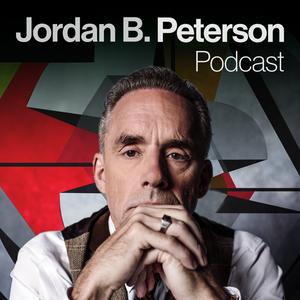
In this episode of “The Ben Shapiro Show,” Ben Shapiro is joined by Jeff Rabhan to discuss the infiltration of radical leftism in universities and the rise of anti-Semitism. They explore the reasons behind universities’ reluctance to address hate speech and discrimination, the challenges of educating students on Middle East politics, and the lack of support for Israel and Jews in the entertainment industry.
Universities have become breeding grounds for radical leftism, leading to a rise in anti-Semitism. The Black Lives Matter movement and the COVID-19 pandemic have created an environment where students feel emboldened to engage in hate speech without consequences. Despite having mandates against hate speech, universities are slow to take action. Anti-Semitism has been legitimized by the left-wing movement, providing cover for discriminatory behavior. While universities are sensitive to other forms of discrimination, they often shy away from addressing anti-Semitism, equating Jews with white people and failing to educate students on Middle East politics and the Israeli-Palestinian conflict. Financial ties with Arab nations and a reliance on tuition-based funding may also influence universities’ hesitation to address anti-Semitism. Jews need to speak out and withdraw support from institutions that fail to address anti-Semitism and discrimination.
The entertainment industry is divided when it comes to the Israel-Palestine conflict. Some individuals who expressed support for Israel and called for the release of hostages faced backlash. On the other hand, there are those who advocate for a ceasefire, which would only benefit Hamas. Historically, the entertainment industry has shown poor support for Israel and Jews. There is a fear among successful Jewish Americans to speak up and support themselves, highlighting the need for strength in numbers to effect change.
The infiltration of radical leftism in universities and the rise of anti-Semitism are pressing issues that need to be addressed. Universities must take a stronger stance against hate speech and discrimination, particularly when it comes to anti-Semitism. Education on Middle East politics and the Israeli-Palestinian conflict should be improved to foster understanding and combat prejudice. The entertainment industry should strive for more balanced and supportive narratives regarding Israel and Jews. It is crucial for Jews to speak out and withdraw support from institutions that fail to address anti-Semitism and discrimination. By working together, we can create a more inclusive and tolerant society.